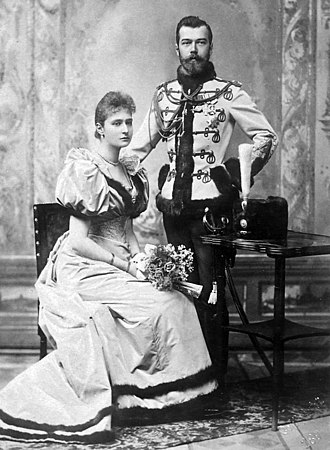Christopher Marlowe Arrested for Heresy, 1593
 |
| Christopher Marlowe |
The chain of events that led to Marlowe's arrest started with the posting of several bills about the city of London. The bills contained threatening language against the Protestant refugees from the Netherlands and France who had settled in London. One of them was written in blank verse and was signed "Tamburlaine."
Marlowe was not arrested, but his friend, the playwright Thomas Kyd, was. When Kyd's lodgings were searched a page from a heretical publication was found. Kyd swore that it wasn't his but that it had belonged to Christopher Marlowe, who had shared lodgings with him previously. A warrant for Marlowe's arrest was issued on May 18, 1593.
Marlowe attempted to present himself on May 20th to the Privy Council, but was informed that they were not meeting that day. He was instructed to continue to present himself every day until they did meet.
 |
| WPA Poster for Faustus |
One curious fact about the incident is that all three of the men with Marlowe that day were connected with the underworld, and with the government secret service. Was Marlowe also a government spy, and was he assassinated for a reason connected with his service? Was his arrest part of a set-up? Since our knowledge of the event today depends on the written records of the time, and since it is unlikely that the most pertinent information was never committed to writing, it is unlikely that we'll ever know.
On the other hand, some scholars hold the theory that Marlowe faked his own death, and continued to write under another name. What name? "William Shakespeare."
The Khodynka Tragedy, 1896
 |
| Nicholas & Alexandra in 1894 |
Suddenly a rumor began circulating that there would not be enough gifts for all who attended. The crowd started panicking. 1800 police tried to control the crowd, but to no avail. 1389 people were crushed to death in the panic, and another 1300 were injured.
Meanwhile, Nicholas and Alexandra had no idea of what had happened until later in the day. When they found out, they spent the rest of the day visiting the injured, and thought it best to skip the festivities that were to be held at the French Embassy that night. Nicholas's uncles told him that to not attend would be to risk severely offending the French, and Nicholas was reluctantly persuaded to attend.
.jpg) |
| Aftermath of the stampede |
No comments:
Post a Comment